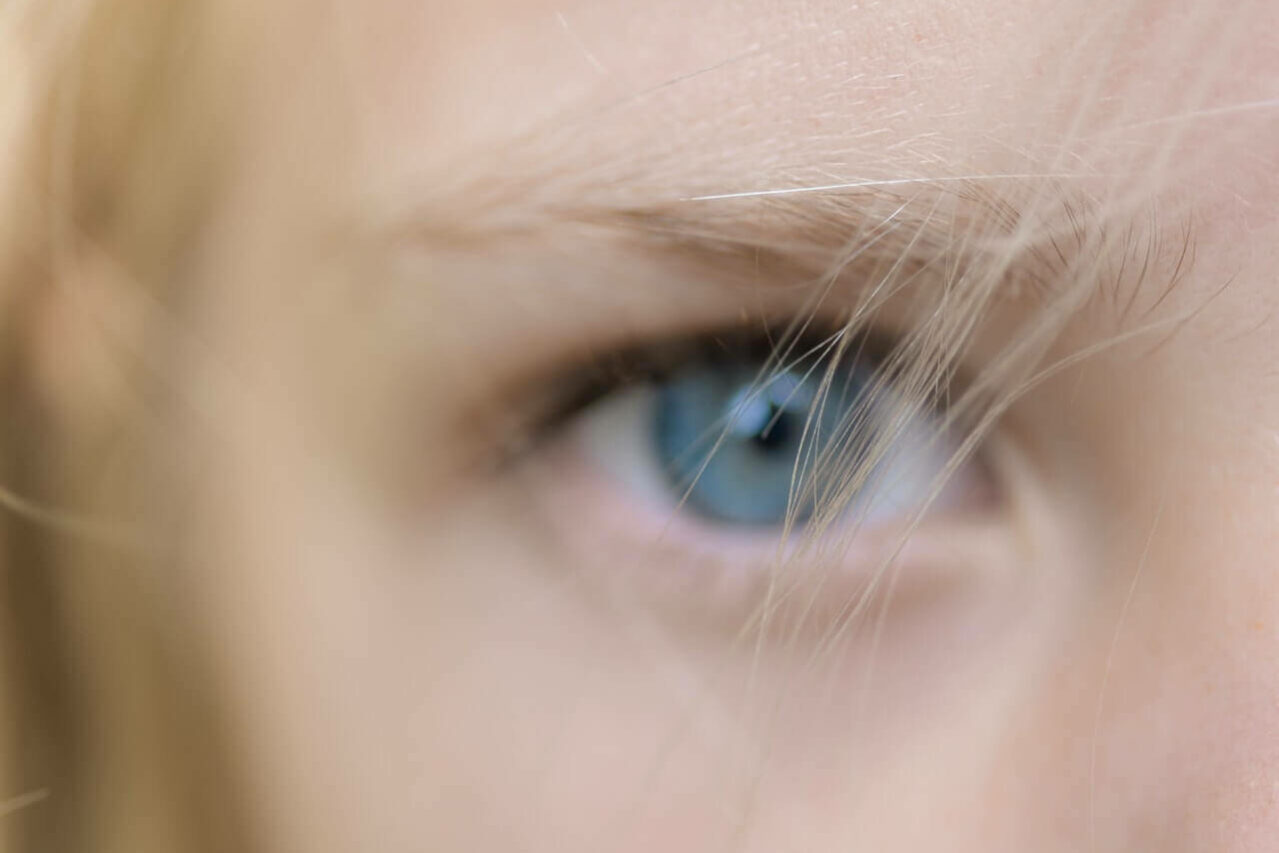The topic of substance use issues is never far from the media’s attention. Whether it’s an illegal drug bust or a Drive-Alive advert expounding the evils of drinking and driving, we are exposed day in and day out to the subject and warned of the dangers. Why is it then that in spite of the warnings, the aggressive advertising, treatment centres and the ongoing educational campaigns in our schools, substance use disorders persist and remain central to crime stats and the impairment of social and economic growth?
The latest media hype has centred around the sensational story of Prince Harry and his experimentation with marijuana. The story has shocked royalists and challenged the popular belief that substance use issues are a “lower-income” problem. In truth, substance use disorders cut through every stratum of society.
“Addiction” simply does not discriminate on the basis of class, age or race.
Statistics released by the South African Community Epidemiology Network on Drug Use (SACENDU) indicate that substance use issues are on the increase in South Africa. More and more people are seeking treatment and mortality rates linked to substance abuse are soaring.
Findings show that the average age of those seeking treatment is getting younger and younger each year, and this is a direct cause for concern.
Children and adolescents are using alcohol and drugs despite campaigning by organisations such as SANCA in schools.
Not only is this problem persisting, it seems to be on the rise.
American and British statistics reveal a similar trend. The substances most frequentlyabused are alcohol and dagga, and prevalence is considerably higher among adolescent males than females.
The question remains as to why the incidence of problematic drug and alcohol use should be so high among adolescents today. According to social science researchers, most initial drug and alcohol use takes the form of experimentation. This experimentation is precipitated by factors such as enjoyment, curiosity, peer-pressure and tumultuous adolescent emotions. Familial risk factors, such as parental conflict and a lack of appropriate affection, also play a part.
According to British Psychiatrist Stanley Theodorou working at the Community Alcohol Service in Reading, these familial risk factors “tend to reduce or arrest the development of self-esteem that would normally protect against peer pressure”. He adds that “low self-esteem tends to lead to the development of anxiety and depression that could prompt attempts at self-medication.”
Dr Theodorou states that the research indicates that the most significant risk factor for drug abuse is peer-pressure, whilst the most significant risk factor for alcohol abuse is parental modelling and adverse childhood experiences or complex trauma. A child who is brought up by one or more alcoholic parent is at an increased risk of abusing alcohol themselves.
Among children and adolescents, substance abuse can produce lethargy, hyperactivity, agitation, dis-inhibition, hyper-vigilance, shortened attention span, impaired psychosocial and academic functioning and disruption of thought processes. These are the warning signs to watch out for. These symptoms can impede development and lead on to risk-taking behaviour, aggression and suicidal tendencies. Substance abuse is therefore not to be taken lightly as it has potentially fatal consequences.
If you recognise that you, or a loved one, have a problem with substance abuse, seek treatment. Too often the warning signs are overlooked by family members and friends who desperately do not want to believe that such a problem exists. There is no shame in admitting that you have a substance abuse problem. It takes an incredible amount of courage to seek help.
Prince Charles has understandably been commended on his swift reaction to his son’s problem in sending him to a rehabilitation clinic. The Depression and Anxiety Support Group offers telephone counselling by trained counsellors, and referrals to appropriate mental health professionals and support groups around the country. A new toll-free line has been established which is dedicated to substance abuse counselling and referrals. The number is 0800 11 8392 and it is manned Monday to Friday from 8am – 7pm, Saturdays from 8am – 5pm and Sundays 9am – 1pm.
Help is available if you choose to seek it. Don’t ignore the warning signs.
Source sadag.org
Recovery Direct Executive Online Counselling in Johannesburg
Recovery direct is an exclusive recovery centre based in Johannesburg. Our registered counselling staff are trained in a broad range of mental health treatment services for substance use, depression, anxiety, eating, intimacy disorders and are here to help you from our premium online therapy from South Africa. There is no better time to start on your recovery journey than now. You have only one life on this planet, dont spend it locked inside your mind we are here to help you each step of the way. Contact us here.







